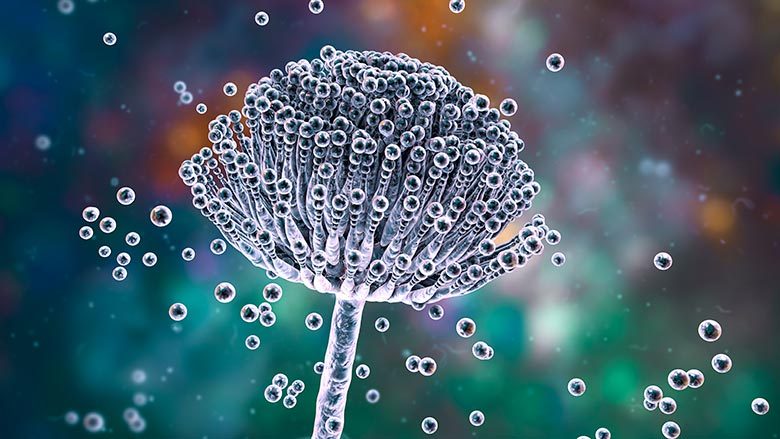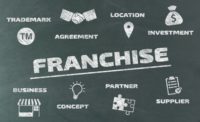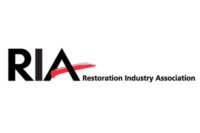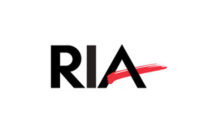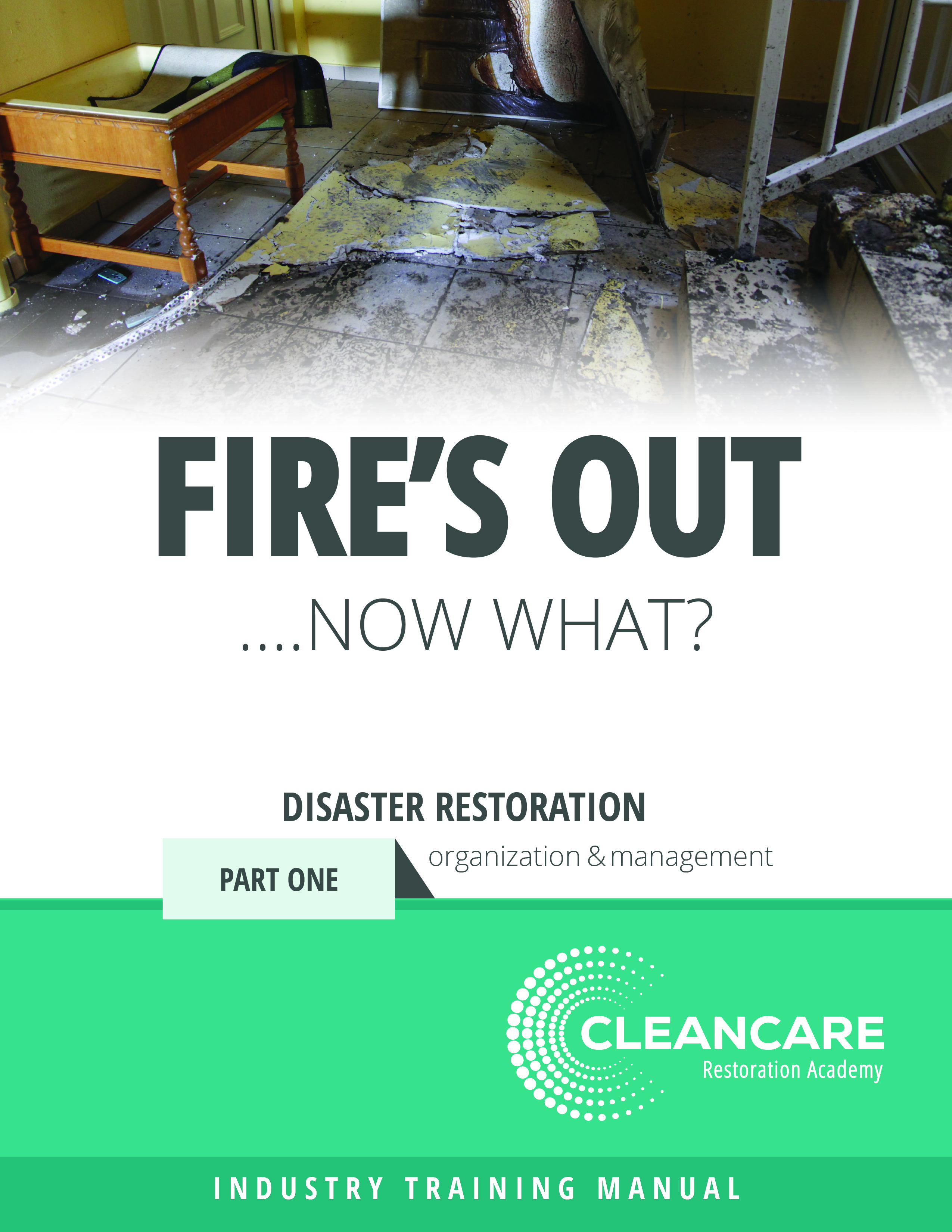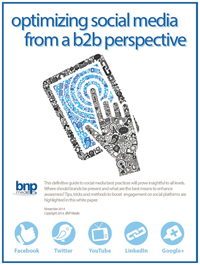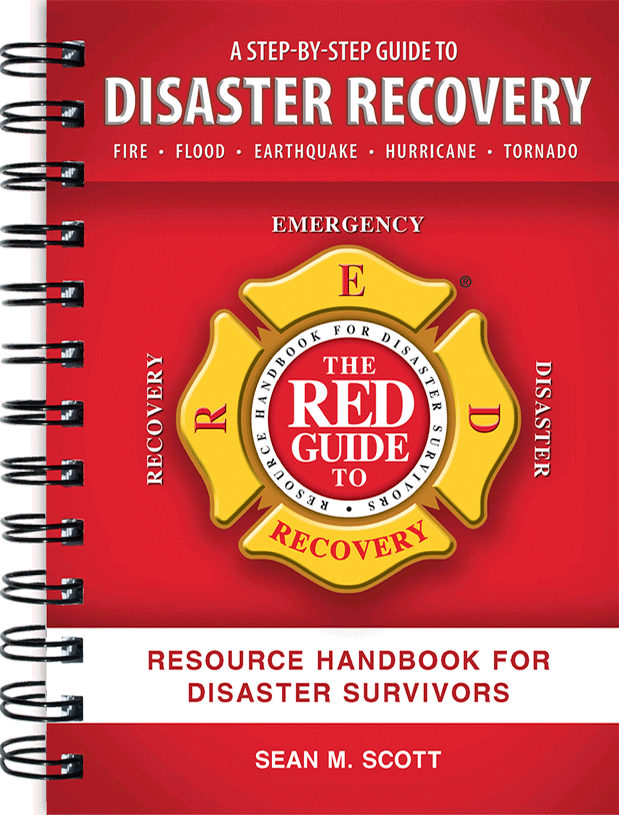RIA and ThermaPure successfully settled a patent lawsuit that RIA began in January 2013. The agreement, in part, calls for ThermaPure to provide a covenant not to sue RIA members unless the member heats a structure to an ambient temperature in excess of 105°F while practicing the other limitations of claims of ThermaPure’s U.S. Patent 6,327,812 (the ‘812 patent). An RIA member task force created guidelines to explain how the “Safe Harbor” protections earned in the settlement can be easily enjoyed and understood on a work site.
The guidelines communicate concepts, procedures and documentation intended to guide our member firms that wish to enjoy the special legal Safe Harbor that has been made available in the RIA/ThermaPure settlement agreement signed on July 7, 2014. You can access the complete document at: www.restorationindustry.org. Non-members can also access this document to see how the Safe Harbor could benefit their contracting business if they were to join RIA. A portion of the guidelines are also excerpted below:
As long as there is any area within an atmospherically controlled work area which does not exceed 105°F, exclusive of tented areas, then the work area is deemed to be within allowable temperature limits and the ambient temperature threshold has not been exceeded. Individual air streams in excess of 105°F within an atmospherically controlled work area (such as equipment exhausts and HVAC systems) do not implicitly constitute a breach.
For the purpose of the guidelines document, atmospherically controlled work areas can include the entire building envelope or specific portions of a structure, commonly identified as “drying chambers,” “containments” or “isolation areas” etc. However, tenting strategies designed with ventilation do not constitute a stand-alone atmospherically controlled work area as they are a portion of a shared atmosphere with the surrounding work area.
Ambient temperatures that naturally exceed 105°F are excluded from the terms of the agreement as long as additional heating strategies are not implemented such as space heaters. Such areas can include attics during summer and/or in warm climates or areas that are not air-conditioned. Since the Member Firm has not increased or produced this ambient air temperature they are not obligated to control or reduce it.
It is possible that the Member Firm might discover an ambient temperature in excess of 105°F due to reasons beyond the Member Firm’s direct control. The RIA recommends that the Member Firm take necessary steps to reduce the ambient temperature to 105°F or less as expeditiously as possible if they wish to stay within the Safe Harbor. Such steps might include, but are not limited to, increasing the size of the atmospherically controlled work area to dissipate heat, reducing heat generating devices, adding air conditioning or power venting the atmospherically controlled work area. Ambient temperature spikes and corrective action(s) within atmospherically controlled work areas should be thoroughly documented.
Documentation of the Member Firm’s projects can include written and electronic forms as well as photographic evidence. Ambient air temperature within the atmospherically controlled area(s) should be one of the measurements recorded. At a minimum, the lead technician(s) or project manager should sign and date a document like the Job Summary Form /Incident Report (included with the full best practices document) after reviewing specific project temperature records and any corrective actions taken (if applicable). The Member Firm should keep such records for two (2) years.
Under the terms of the Agreement, it is advised that RIA Member Firms should contact ThermaPure at thermapure.com or call 800-375-7786 for licensing information or the use of temperatures in excess of 105°F. It is advised that Member Firms should refrain from advertising the sanitization of structures using heat without the consent of ThermaPure.
These guidelines only apply to RIA member firms; restoration firms not currently RIA members are still subject to potential litigation. To take advantage of the “Safe Harbor” provided through this agreement, please contact RIA at (202) 367-1180 or skendrick@restorationindustry.org to become an RIA member.
In addition to the direct link to the operating guidelines document found above, these guidelines are listed alongside a settlement FAQ sheet, a press release on the settlement, and the full settlement agreement on the RIA website patent page, which can be linked to from the home page at www.restorationindustry.org, or directly here.


